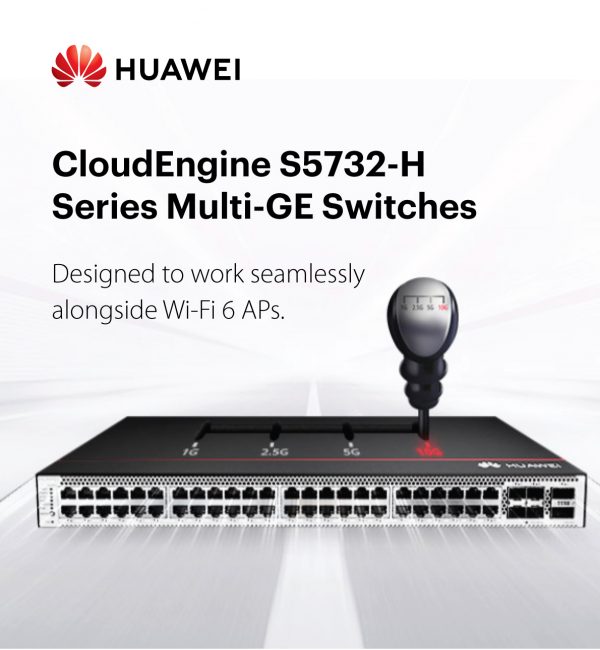

ODI and the database will reside in the same subnet and the security list should only allow routing of database traffic in the private subnet. This subnet, if in the same VCN, should have a security list configured to allow traffic inbound to the subnet of the ATP/ADW instances.Ĭonfigure ODI in the same private subnet as a bastion instance, to create vnc connections and forward from the bastion instance to the local client (to access odi studio). ODI in a public subnet with public IP and using a routing table that has an internet gateway. The use of the private endpoint allows for better security and simple management of the network services used by the Autonomous Database instances.įor more information about Private endpoints refer here.Īs ODI typically requires vnc access, you will have the following type of options to configure ODI: ODI and ATP/ADW will follow the OCI network configuration, routing, security lists etc. Yes, there is no restriction toward using this option.

I also recommend referring to the documentation for more details on supported clients, client versions, and connection methods.ĭisclaimer: I’m a Product Manager at Oracle. You can access Database Actions from the ADB details page of your instance in Oracle Cloud Infrastructure console: Database Actions is a web-based interface that uses Oracle REST Data Services to provide executing your SQL statements and scripts, creating Data Modeler diagrams, developing RESTful web services, managing JSON collections, and using the Data Load, Catalog, Data Insights, Business Models, and Data Transforms tools to load data from local and remote sources, view data in your tables and views, view objects in your data dictionary, and organize, analyze, and transform your data. I definitely recommend checking out the TLS option without a wallet in ADB since it has several advantages as described in this blog post.Īnother great option is Oracle Database Actions if you don't want to worry about supported versions, installing a client, whether to use a wallet or not. Some of these clients and tools such as JDBC, SQL Developer, and SQlcl support TLS authentication without using any wallet hence making life much easier as opposed to mTLS authentication, which requires a wallet.

You can also connect to Autonomous Database using the Oracle supplied tools such as Oracle SQL Developer (version 18.2 or higher recommended)and Oracle SQLcl. For these connections, Oracle Database Client 11.2.0.4 (or higher) or the Oracle Instant Client 12.1.0.2 (or higher) are supported by Autonomous Database.įor JDBC Thin connections, the only requirement is to have JDK8 (or higher) installed. Oracle Call Interface (OCI) connections require installing the Oracle client software. Any connection type supported by oracle net services can be used to connect to Autonomous Database.


 0 kommentar(er)
0 kommentar(er)
